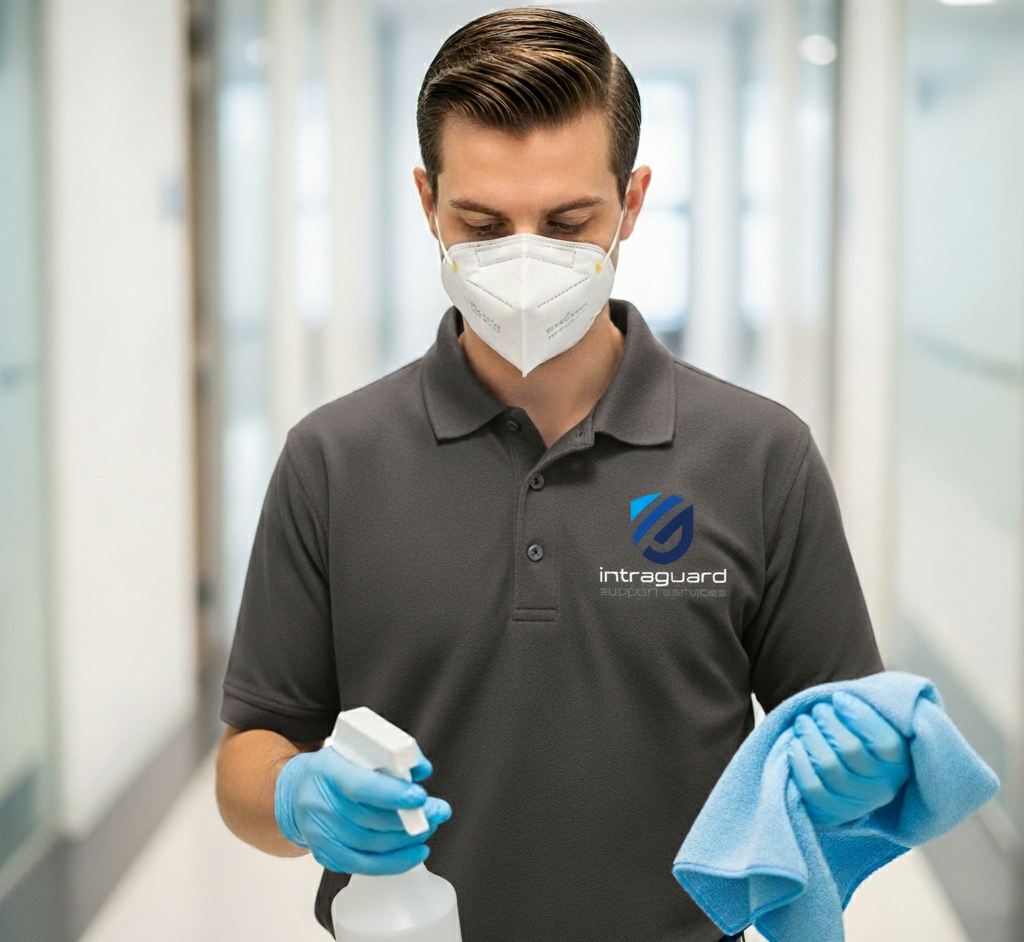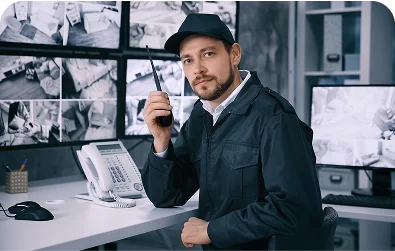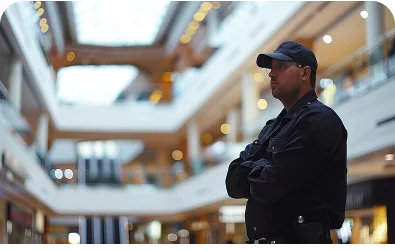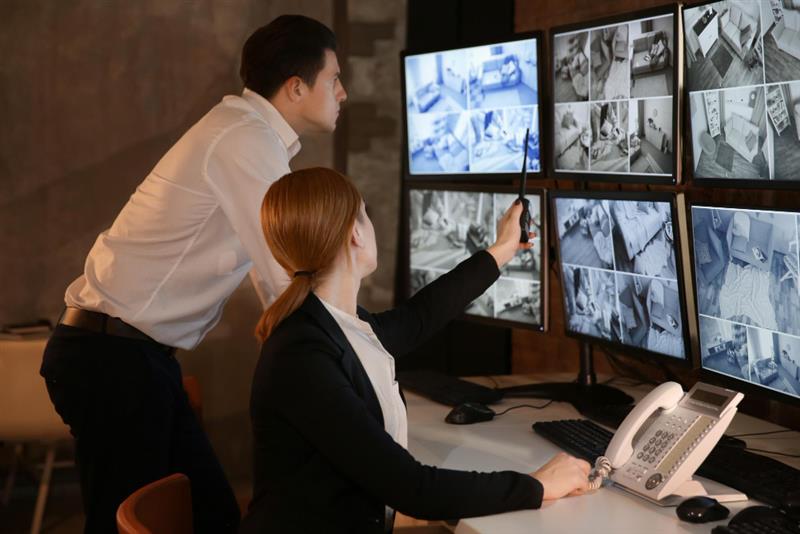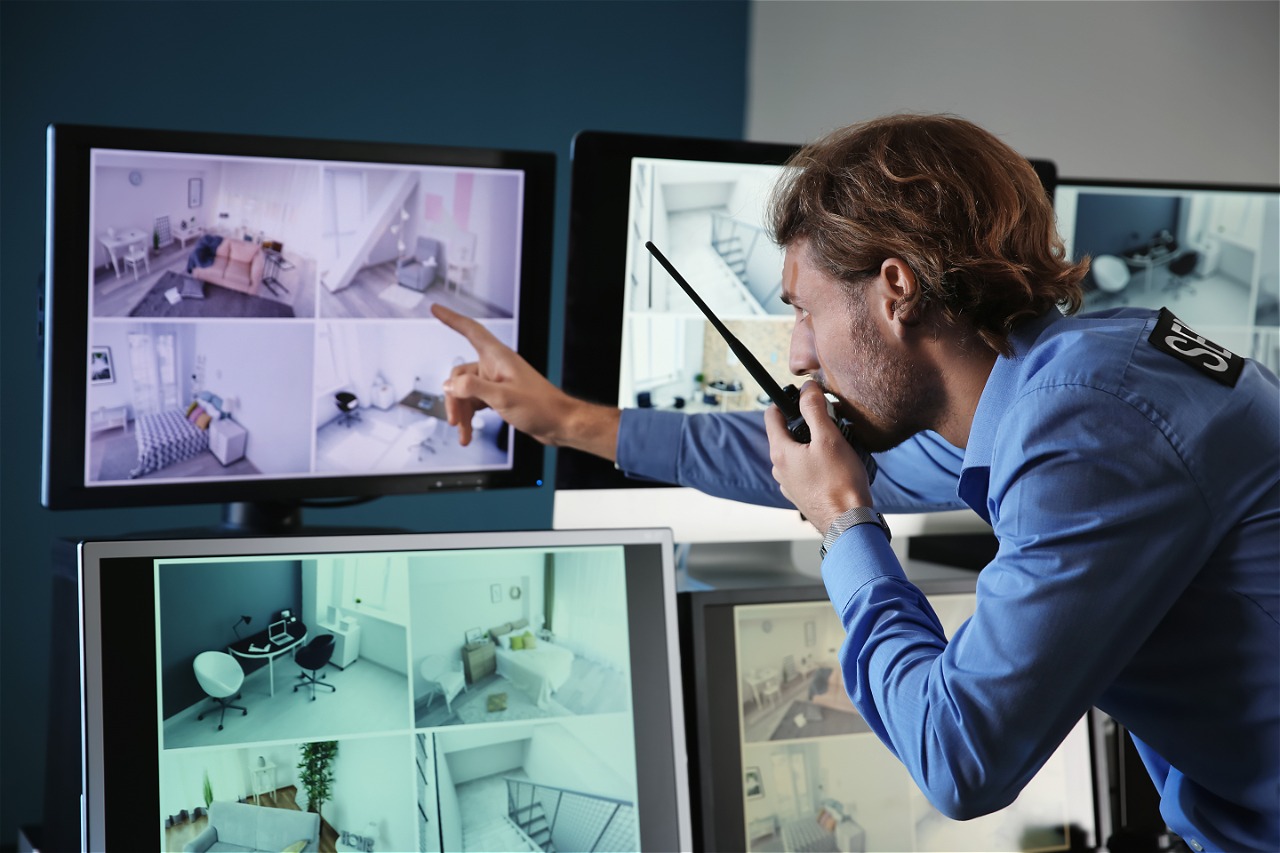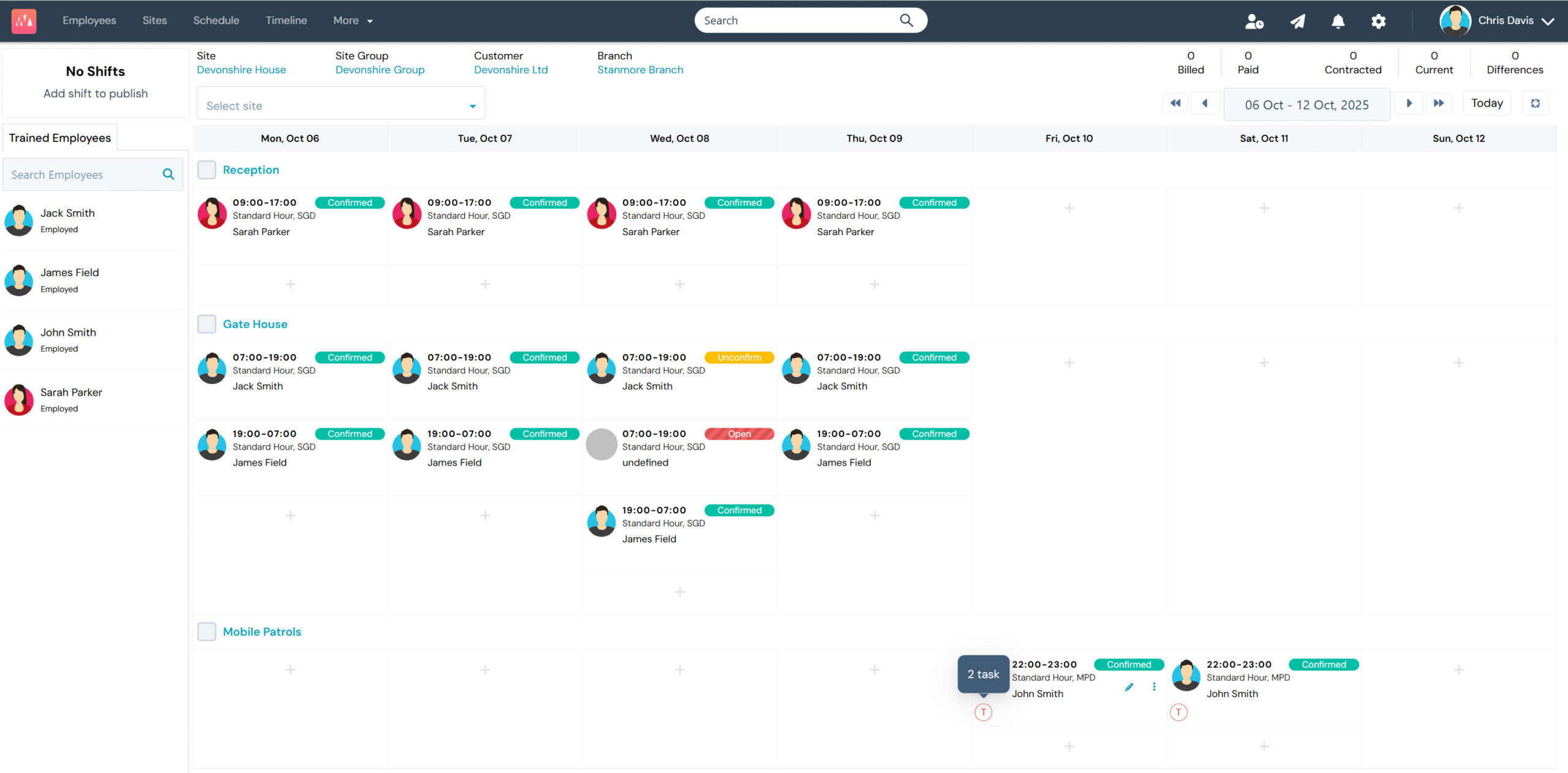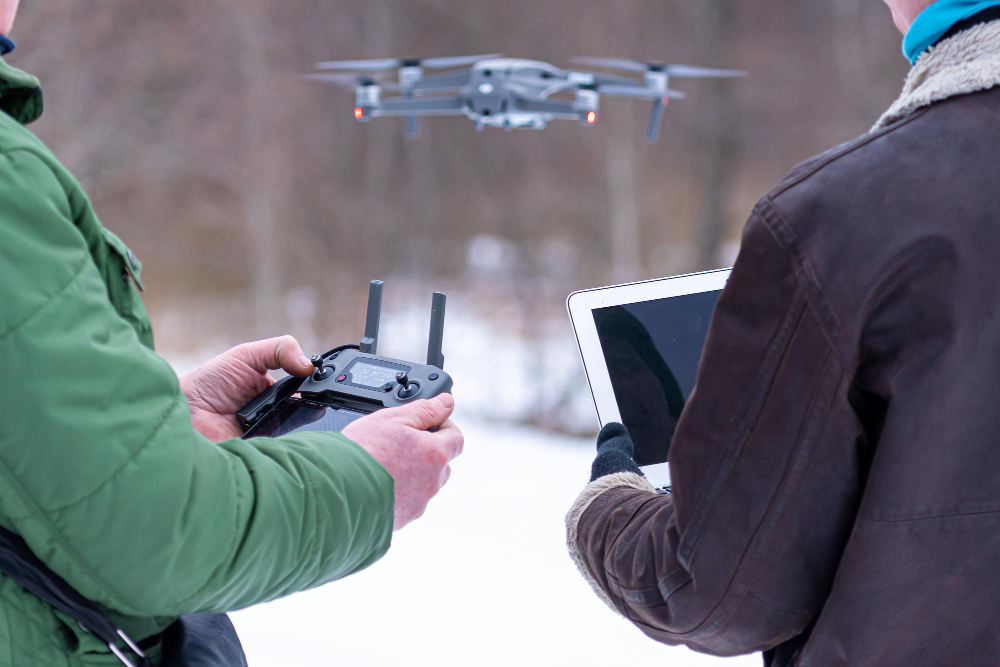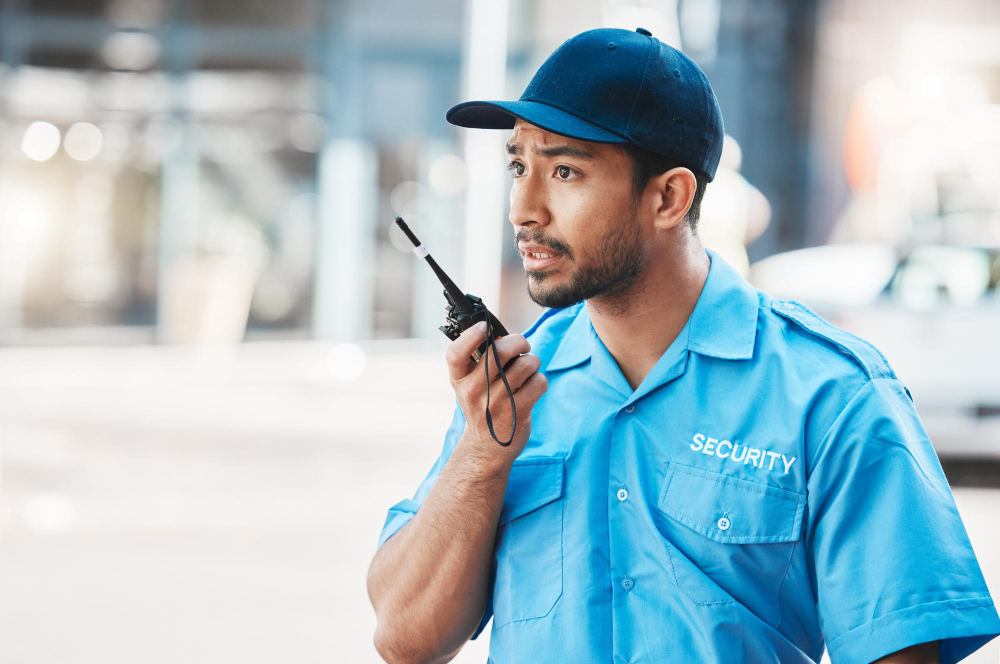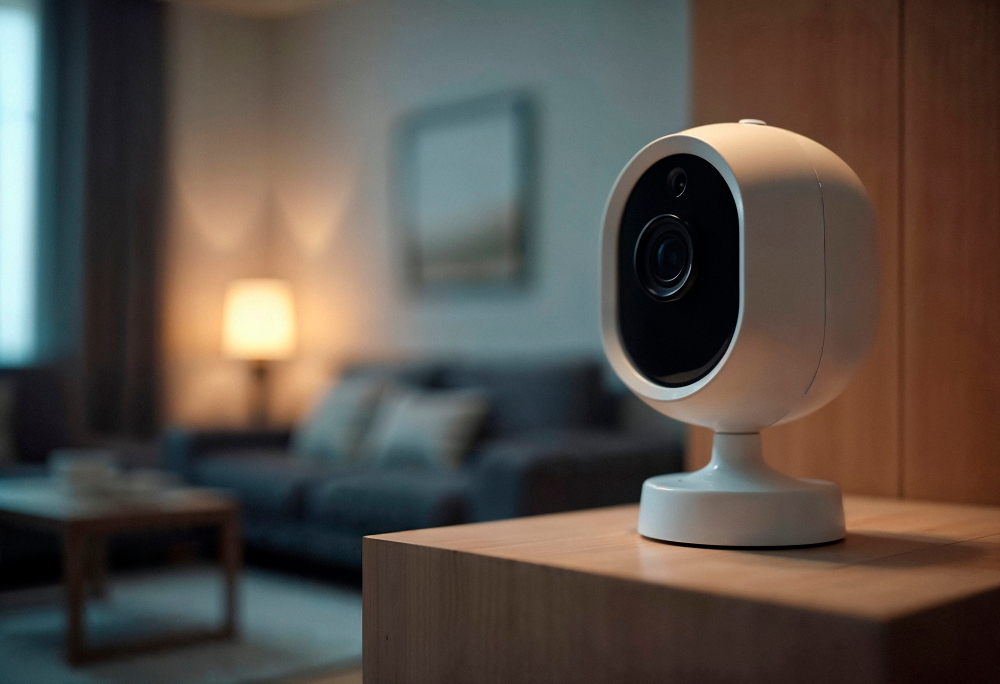When it comes to protecting your property, every UK business owner faces the same question: should you trust CCTV systems or go for on-site security patrols? Both promise peace of mind, but when push comes to shove, which one actually delivers?
With crime tactics evolving faster than ever and businesses losing over £1 billion annually to property theft and vandalism, 2025 isn’t the year to take chances.
The best protection isn’t about flashing cameras or patrolling guards; it’s about strategy, balance, and timing.
So, before you pick a side, let’s explore how CCTV and security patrols each bring something unique to the table and why the smartest businesses are using both.
Why Traditional Security Isn’t Enough Anymore
With thefts, trespassing, and vandalism still plaguing businesses, it’s no surprise that UK property crime costs exceed £1 billion each year. From industrial estates to retail parks, criminals are getting bolder and smarter.
Many companies realise too late that their security setup has gaps. Often, they rely on CCTV without human intervention or hire guards without surveillance support, both leaving weak points.
The truth? You can’t protect what you can’t see, and you can’t act on what you don’t know. That’s why understanding the difference between CCTV systems and mobile security patrols is key to building true protection.
CCTV Systems: The Watchful Eye That Never Sleeps
Modern CCTV has evolved from simple recording tools into intelligent guardians. Today’s systems offer 4K imaging, night vision, motion detection, and remote mobile access, allowing you to keep an eye on your property anywhere, anytime.
Why Businesses Love CCTV
Cameras don’t take holidays, lunch breaks, or sick days. They monitor round the clock, whether it’s midday on Monday or 2 a.m. on a Sunday, keeping eyes on every angle of your premises.
- Cost-Effective Protection:
After the initial installation, maintenance costs are minimal. It’s a long-term, budget-friendly way to monitor large sites without hiring multiple guards.
Statistics from the UK Police Federation show that visible CCTV can reduce crime by up to 50%. Criminals are far less likely to target a site they know is being watched.
- Evidence You Can Count On:
If something does happen, CCTV provides clear, timestamped footage that helps police investigations and supports insurance claims, often speeding up compensation.
The Downside
CCTV is brilliant at showing you what’s happening, but it can’t physically stop an incident. It’s reactive, not proactive.
Without live monitoring or an on-site response team, footage might only tell you what’s already gone wrong.
That’s where the physical advantage of having security patrols fills the gap.
Why Nothing Beats a Physical Security Presence
There’s something powerful about human presence. A uniformed security officer or marked patrol vehicle instantly signals that your property is protected and that intruders won’t get far.
Why Security Patrols Work
Instant On-The-Ground Response:
Unlike CCTV, security patrols can act immediately. They can intervene in real time, stop suspicious individuals, and contact police before damage occurs.
Visual Deterrence That Works:
An empty building with cameras might tempt an opportunist, but a patrol van parked outside screams, “Don’t even try it.” In fact, businesses with regular patrols report a 60% drop in attempted break-ins.
Dynamic Coverage:
Patrols aren’t static. They can rotate their routes daily, ensuring criminals can’t predict patterns. This unpredictability alone makes your site far less attractive to intruders.
Human Instinct:
Technology can detect motion, but only humans detect intent. A trained officer knows when something feels off even before it happens. That intuition can make all the difference.
The Drawbacks
Patrol services naturally come with higher operational costs than cameras, and officers can’t be everywhere at once. However, the value lies in their ability to respond, deter, and prevent turning potential incidents into non-events.
Relying on One and Ignoring the Other
Many property owners in the UK take an “either/or” approach to CCTV or guards, thinking one will do the job. Sadly, that’s when criminals spot an opportunity.
- Only CCTV? You’ll see what happened, but too late.
- Only patrols? There might be blind spots between rounds.
That’s why more UK businesses now combine both systems. When CCTV and patrols work together, they close each other’s gaps, one watching constantly, the other responding instantly.
CCTV vs Security Patrols: Which Is More Effective?
|
Feature
|
CCTV Systems
|
Security Patrols
|
|
Coverage
|
Constant, but limited to the camera view
|
Flexible, covers the entire site
|
|
Cost
|
Lower long-term cost
|
Higher due to staffing
|
|
Response Time
|
Depends on the monitoring setup
|
Immediate and on-site
|
|
Deterrence
|
Passive, visual only
|
Active, psychological
|
|
Maintenance
|
Low
|
Moderate
|
|
Prevention Level
|
Reactive
|
Proactive
|
Each has strengths, but the winning formula is balance. CCTV captures everything, and patrols act on it. Together, they provide complete coverage.
Why CCTV and Patrols Make the Ultimate Security Duo
Here’s the ideal scenario:
The truth is, CCTV and patrols aren’t supposed to be rivals; they’re teammates. When combined, they form a layered security system that’s proactive, reactive, and completely foolproof. It’s like pairing sharp eyesight with swift reflexes; one spots danger, the other stops it.
How It Works in Real Life
Let’s talk about this for a minute: It’s 2:15 a.m. at a logistics site on the edge of Leicester. A CCTV camera detects movement near the loading bay, not unusual, but suspicious enough. Within seconds, Intraguard’s 24/7 control centre receives an alert.
The system instantly verifies the activity using AI analytics no false alarms from a passing fox or gust of wind. When it’s confirmed as human movement, a nearby mobile patrol unit is notified. They’re already on the road, minutes away.
Before the intruder can even breach the fence, the patrol vehicle’s headlights appear, and the situation is diffused. The footage, timestamped and crystal clear, becomes part of an incident report filed, stored, and available for insurers or police if needed.
That’s not theory, it’s what happens daily across UK sites protected by Intraguard.
Why Combined Security Wins
- Faster incident resolution: Immediate verification and response prevent escalation.
- No coverage gaps: Cameras monitor continuously; patrols handle blind spots.
- Improved evidence: Footage supports the officer’s on-site report.
- Peace of mind: You know every angle is protected, always.
It’s the best of both worlds: technology meets human judgment.
Why UK Businesses Are Switching to Hybrid Security in 2025
Hybrid systems are now the UK’s fastest-growing security trend. A recent report by the British Security Industry Association found that properties using both CCTV and patrols saw a 67% reduction in theft and vandalism.
Companies love the flexibility of CCTV monitors in high-risk zones while mobile patrols handle after-hours sweeps, alarm response, and access checks. It’s smarter, stronger, and more cost-efficient in the long run.
For construction sites, retail parks, schools, and warehouses, hybrid security isn’t a luxury; it’s a necessity.
The True Price of Staying Secure
Let’s talk numbers.
- CCTV systems: From £500–£1,500 for basic installations, plus low monthly monitoring fees.
- Mobile security patrols: From £12–£20 per visit, depending on frequency, area size, and risk level.
While CCTV offers better long-term affordability, patrols bring immediate deterrence. Combining both gives you unmatched protection for every pound spent.
When you compare the cost of prevention with the £10,000+ average loss per burglary, the investment pays for itself many times over.
How Intraguard Protects Properties Across the UK
At Intraguard, we understand that every property has unique vulnerabilities. That’s why we don’t offer off-the-shelf packages; we design tailored protection plans that fit your environment, budget, and risk profile.
Our services include:
- 24/7 CCTV monitoring and maintenance
- Mobile and static security patrols
- Alarm response and keyholding
- Access control and gate supervision
- Incident reporting and live updates
We combine advanced technology with experienced professionals to deliver a complete security ecosystem that prevents problems before they start.
Because to us, security isn’t just about seeing, it’s about acting fast.
Wrapping It Up
So, CCTV or patrols? Here’s the twist: it’s not a competition; it’s a partnership. In the UK, where businesses face over 270,000 property-related crimes every year, the smartest move isn’t choosing one system over the other, but combining both.
A hybrid setup gives you real-time detection and instant response, cutting your risk by more than 60%, according to BSIA research.
With Intraguard, you’re not just installing tech or hiring guards; you’re building confidence, resilience, and complete peace of mind.
Because in 2025, real security isn’t about reacting to threats, it’s about making sure they never happen.
Frequently Asked Questions
Is CCTV or a Security Patrol Better For My Business?
It depends on your property type. CCTV offers 24/7 monitoring and evidence capture, while patrols provide real-time response. The best protection comes from combining both systems.
How Much Does Professional Property Security Cost in the UK?
CCTV installation starts around £500, while mobile patrols range from £12–£20 per visit. Costs vary depending on site size, coverage needs, and frequency of patrols.
Do CCTV Cameras Really Reduce Crime?
Yes. Studies show that visible CCTV systems can cut crime rates by up to 50%, especially when paired with live monitoring or rapid patrol response.
Are Mobile Patrols Suitable For Smaller Businesses?
Absolutely. Patrol services can be customised to suit any budget or schedule, offering randomised checks that deter intruders without the cost of full-time guards.
Why Choose Intraguard for Property Protection?
Intraguard combines smart CCTV technology with trained mobile patrol teams, delivering proactive, round-the-clock protection across the UK. We don’t just monitor we act.




